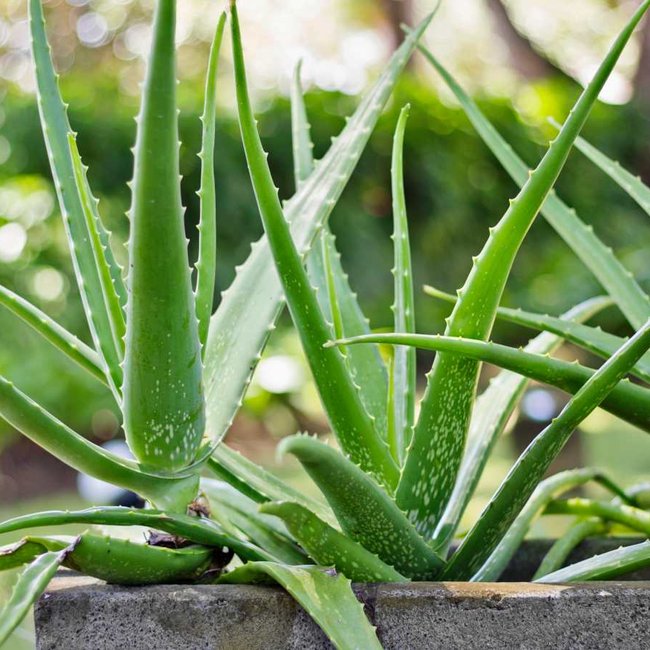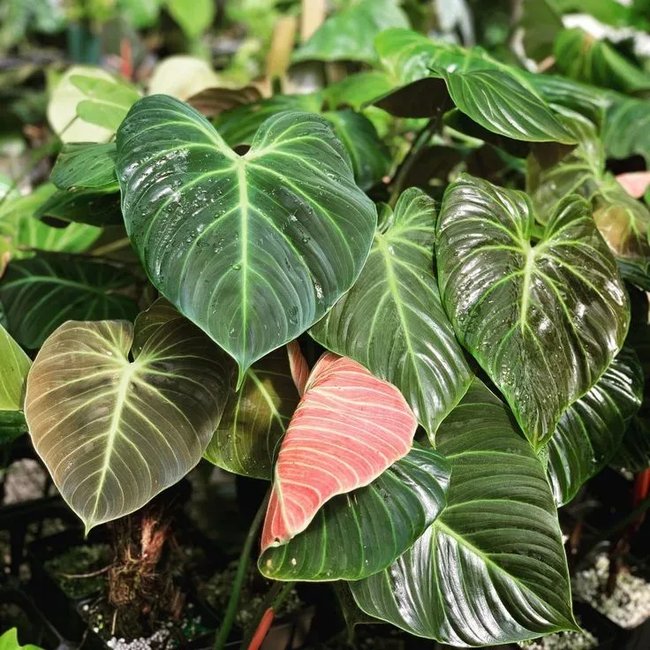Pekingese
The Pekingese, also known as the Lion Dog, is a small breed of dog that originated in China. It is thought to have been bred since the 8th century, and is a symbol of the Chinese imperial court. The Pekingese is a loyal, loving, and courageous breed, and makes a wonderful companion.
Meta Information
Scientific Name
Canis lupus familiaris
Average Lifespan
12 to 15 years
Average Size
6 to 9 inches
Similar To
Shih Tzu, Lhasa Apso, Japanese Chin, Pug
Lifecyle
The Pekingese is a small breed that typically lives around 12 to 15 years. It is a slow-growing breed, reaching its full size at around two years of age.
Diet
The Pekingese is a small breed, and should be fed a diet of high-quality dry dog food. It is important to feed the Pekingese a diet that is specifically formulated for its size and activity level.
Habitat
The Pekingese is a small breed and does not require a large space. They can do well in an apartment or small house, as long as they have regular access to the outdoors.
-
What is a Pekingese?
A Pekingese is a small breed of dog that originated in China. They are known for their flat faces, long coats, and small size. They were originally bred as companions for Chinese royalty and were considered sacred. They are now popular pets in many parts of the world.
-
How big do Pekingese dogs get?
Pekingese are small dogs, typically weighing between 7 and 14 pounds and standing about 6 to 9 inches tall at the shoulder. They are considered a toy breed and are one of the smallest members of the AKC's non-sporting group.
-
What is the temperament of a Pekingese?
Pekingese are known for being loyal, affectionate, and protective of their families. They can be stubborn at times and may not always listen to commands, but they are generally well-behaved and make good apartment dogs. They do well with older children and other pets if socialized properly.
-
How much exercise do Pekingese need?
Pekingese are not particularly active dogs and do not require a lot of exercise. A short walk or play session each day is enough to keep them healthy and happy. They are prone to obesity, so it's important to monitor their diet and exercise levels to prevent weight gain.
-
What health issues are common in Pekingese dogs?
Pekingese are prone to several health issues, including eye problems, respiratory issues, and joint problems. They can also develop skin allergies and dental problems. It's important to work with a reputable breeder and to schedule regular veterinary checkups to catch any health issues early.
-
Do Pekingese shed a lot?
Yes, Pekingese have long, thick coats that shed regularly. They require regular grooming to prevent matting and tangling of their fur. Brushing their coat daily can help to reduce shedding and keep their coat healthy and shiny.
-
What is the lifespan of a Pekingese?
Pekingese typically live between 12 and 15 years. Like all breeds, their lifespan can be affected by genetics, diet, and overall health. It's important to provide them with regular veterinary care and a healthy diet to ensure they live a long and happy life.
-
Are Pekingese easy to train?
Pekingese can be stubborn and may not always respond well to traditional training methods. They require patience and positive reinforcement to learn new commands and behaviors. It's important to start training early and to keep training sessions short and fun to keep them engaged.
-
Are Pekingese good with children?
Pekingese can be good with older children who know how to handle small dogs. They are not recommended for homes with young children who may accidentally hurt them. It's important to supervise interactions between children and dogs to prevent any accidents.
-
Are Pekingese good apartment dogs?
Yes, Pekingese make good apartment dogs because of their small size and low exercise requirements. They are also generally quiet dogs, which is important in shared living spaces. However, they do require regular grooming to keep their coat healthy and to prevent shedding.
-
How much do Pekingese puppies cost?
The cost of a Pekingese puppy can vary depending on the breeder, location, and pedigree. On average, a Pekingese puppy can cost anywhere from $500 to $2,000. It's important to work with a reputable breeder who performs health screenings on their dogs to ensure you get a healthy puppy. It's also important to factor in the cost of veterinary care, food, and grooming when considering the cost of a new puppy.
10 Fun Facts About
1. The Pekingese was once a symbol of the Chinese imperial court. 2. The Pekingese is an ancient breed, thought to have been bred since the 8th century. 3. The Pekingese is a loyal, loving, and courageous breed. 4. The Pekingese is a slow-growing breed, reaching its full size at around two years of age. 5. The Pekingese is known for its long, luxurious coat. 6. The Pekingese is a small breed, and should be fed a diet of high-quality dry dog food. 7. The Pekingese is an affectionate breed, and loves to cuddle with its owners. 8. The Pekingese is a low-energy breed, and does not require a lot of exercise. 9. The Pekingese is an independent breed, and can be stubborn at times. 10. The Pekingese is a breed that is prone to obesity, and should be monitored closely.
Pun
The Pekingese is a Lion Dog, so you might say it's the king of the (paw)ty!
Out Thoughts About
🐶😍 We think the Pekingese is a wonderful breed, and makes a great companion!








